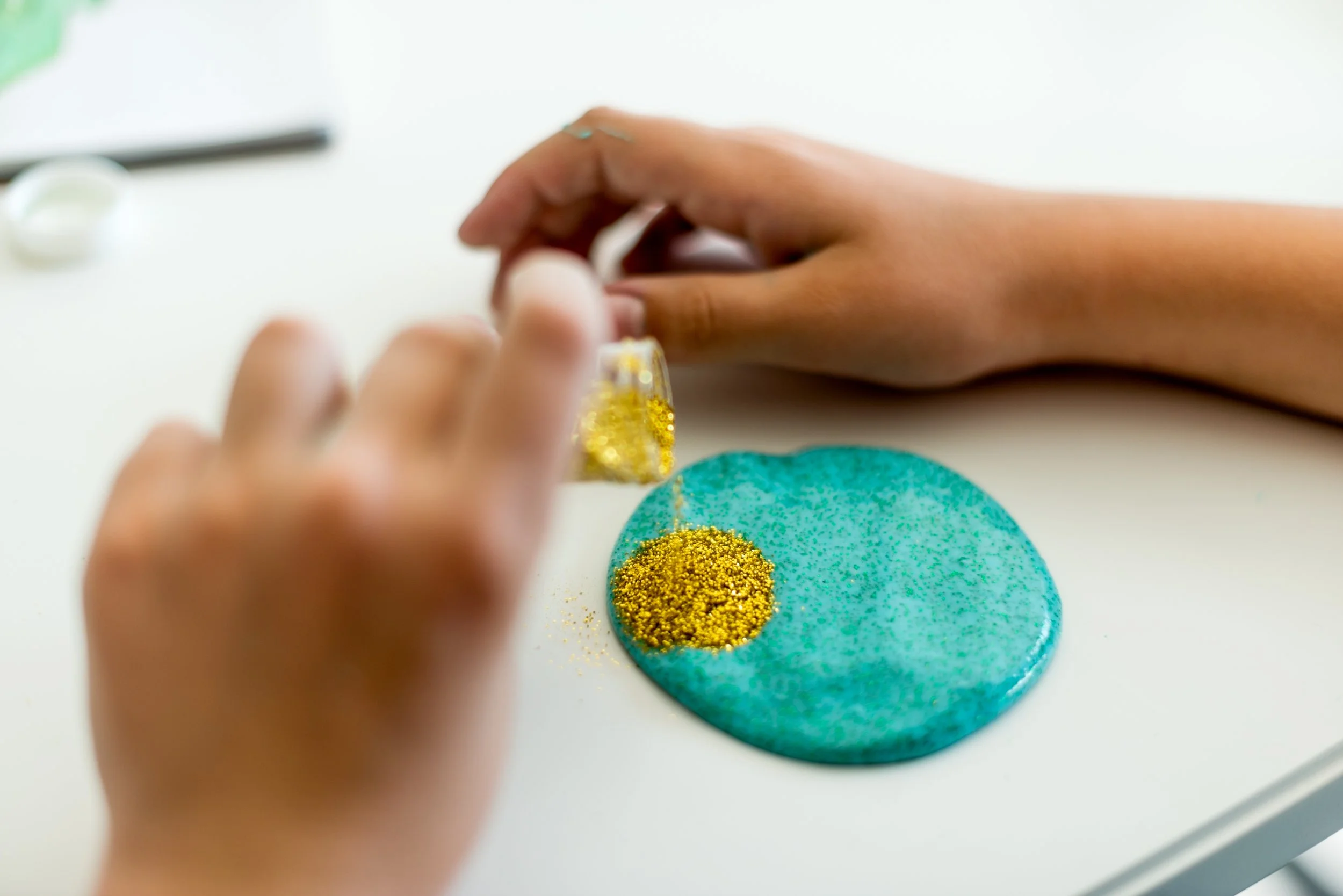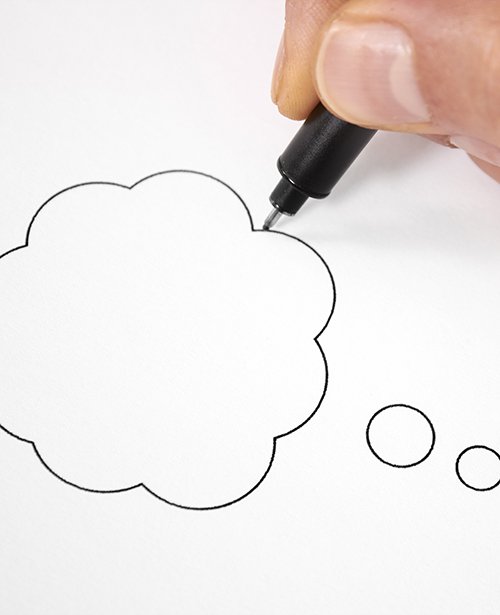What is therapy like?
Each client's experience of therapy is unique, based on his or her age, culture, interests, goals, and personality. Some helpful interventions we use at The Counseling Studio include play therapy, expressive arts interventions (such as sand tray, art, or writing), EMDR (Eye Movement Desensitization and Reprocessing) and cognitive behavioral interventions (changing negative cycles in thoughts, feelings, and behaviors). Adult clients will mutually determine with their therapist what approach is the most helpful for them, but most clients choose a combination of talk therapy and EMDR, expressive arts, and/or body-based relaxation strategies. Parents of child and adolescent clients are asked to be involved in the therapy process, and receive regular support from a therapist experienced with the joys and trials of each developmental stage.
Individual Therapy
At The Counseling Studio, we provide individual therapy for children, teens, and adults in a safe and supportive environment. Therapy can help with a variety of concerns, including anxiety, depression, ADHD, OCD, stress, and life transitions. Gretchen Raley uses approaches such as EMDR, Cognitive Behavioral Therapy (CBT) and Sandtray Therapy to tailor treatment to each person’s unique needs. Through these methods, clients of all ages can build coping strategies, gain insight, and discover healthier ways of managing emotions and relationships.
Child Therapy
At The Counseling Studio, we recognize that play is the natural language of children and an essential way they communicate their thoughts, feelings, and experiences. Our child therapy services use play therapy, a developmentally appropriate approach recognized by the Association for Play Therapy (APT). Through this evidence-based method, children are given a safe and supportive space to express themselves, build coping skills, and foster emotional growth and resilience. Play therapy allows children to work through challenges in ways that words alone cannot capture.
EMDR
EMDR (Eye Movement Desensitization and Reprocessing) is a research-backed therapy that helps individuals process and heal from trauma. It can also be used to treat a wide array of symptoms such as anxiety, and can enhance performance for athletes or performing artists. Using guided eye movements, or some other type of bilateral stimulation such as a tactile handheld device or sound, it supports the brain in reprocessing distressing memories, reducing emotional intensity and fostering clarity.
Family Therapy
Every family faces challenges, and therapy can help bring you back to a place of balance and understanding. At The Counseling Studio, family therapy offers a supportive space to strengthen relationships and improve communication. Families often come to therapy to work through concerns such as conflict, parenting struggles, sibling relationships, blended family adjustments, life transitions, and the impact of mental health or stress on the family system. Research shows that family therapy helps families talk more openly, work through conflict, and grow stronger together. With the support of a licensed therapist, families can discover healthier ways of connecting and moving forward together.
Teen Therapy
Adolescence can be a time of both growth and challenge. At The Counseling Studio, we provide a supportive space where teens can navigate the unique pressures they face such as school stress, identity development, friendships, family dynamics, and mental health concerns including anxiety or depression. Our team works collaboratively with teens to build coping skills, strengthen self esteem, and foster resilience. By offering a safe environment for open expression, we help teens develop healthier ways of managing emotions and building positive connections.
Cognitive Behavioral
Cognitive Behavioral Therapy (CBT) is a practical, evidence-based approach that helps individuals understand the connection between their thoughts, feelings, and behaviors. By identifying unhelpful patterns and learning new skills, clients can develop healthier ways of thinking and responding—leading to lasting emotional and behavioral change. A form of CBT called Exposure Response Prevention (ERP) can be especially effective for treating anxiety disorders, including Obsessive-Compulsive Disorder. Gretchen Raley is trained in ERP for Pediatric OCD.
Group Therapy
Group therapy provides a supportive environment where individuals can connect with others, share experiences, and gain valuable perspectives. At The Counseling Studio, our groups are guided by a skilled therapist who creates a safe space for open expression, mutual support, and growth. Research shows that people who join group therapy often experience the same benefits as individual counseling, with the added support of realizing they are not alone and being able to practice new skills in a safe and understanding community. Each group is designed to foster connection, encourage self-discovery, and support participants in building resilience and emotional wellbeing.
Expressive Arts Therapy
The Counseling Studio offers expressive arts groups as well as the incorporation of expressive arts into individual therapy, using creativity as a pathway to healing and connection. Expressive arts therapy uses movement, music, art, drama, and other creative processes to help individuals explore their feelings and experiences in ways that go beyond words. Recognized by the International Expressive Arts Therapy Association (IEATA), this approach offers a supportive space for self-expression, personal growth, and emotional well-being. Expressive arts therapy allows people of all ages to work through challenges and discover new strengths in ways that conversation alone cannot capture.
HeartMathⓇ
HeartMathⓇ is an intervention that combines biofeedback and emotional regulation techniques to help clients build resilience, reduce stress, and enhance emotional well-being. By learning to sync heart rhythms with breath and positive emotion, clients can experience greater calm, clarity, and balance—both in the moment and over time. Gretchen Raley is in training to become a Trauma-Sensitive Certified HeartMathⓇ Practitioner.
FAQs
-
You can simply tell your child that you have made an appointment for her to meet with a counselor, and that this person can play with her and help her work through her feelings.
-
Research shows that play therapy can be efficacious for treating a wide variety of behavioral, social, and emotional problems in children. It enables them to process their experiences and understand their inner world in a way that transcends language.
-
Absolutely not! There is evidence that play and expressive arts activities offer unique access to our inner life and emotions in a way that talk therapy alone may not. The key is that the more we engage our imagination, the more connected we are to our bodies, and able to experience fuller healing.
-
While several interventions may be offered, clients are free to choose what they feel is right for them. Kids and teens naturally gravitate toward play and expressive arts activities, while adults might choose more talk therapy. Adults who do take the risk to engage in activities such as art or sand tray are often surprised at the deep insights they gain!
-
There is no “one size fits all” formula to how long therapy will last. It depends on the presenting issues, frequency of sessions, and investment of the client and family members. As a rough estimate most clients come to therapy for around 6 - 12 months, and children often get better more rapidly than adults.
-
The process starts with a free initial consult by phone with Gretchen Raley. If you mutually agree that she is a good fit for you or your child, you will schedule an intake appointment and receive a link to sign intake forms in the client portal.












